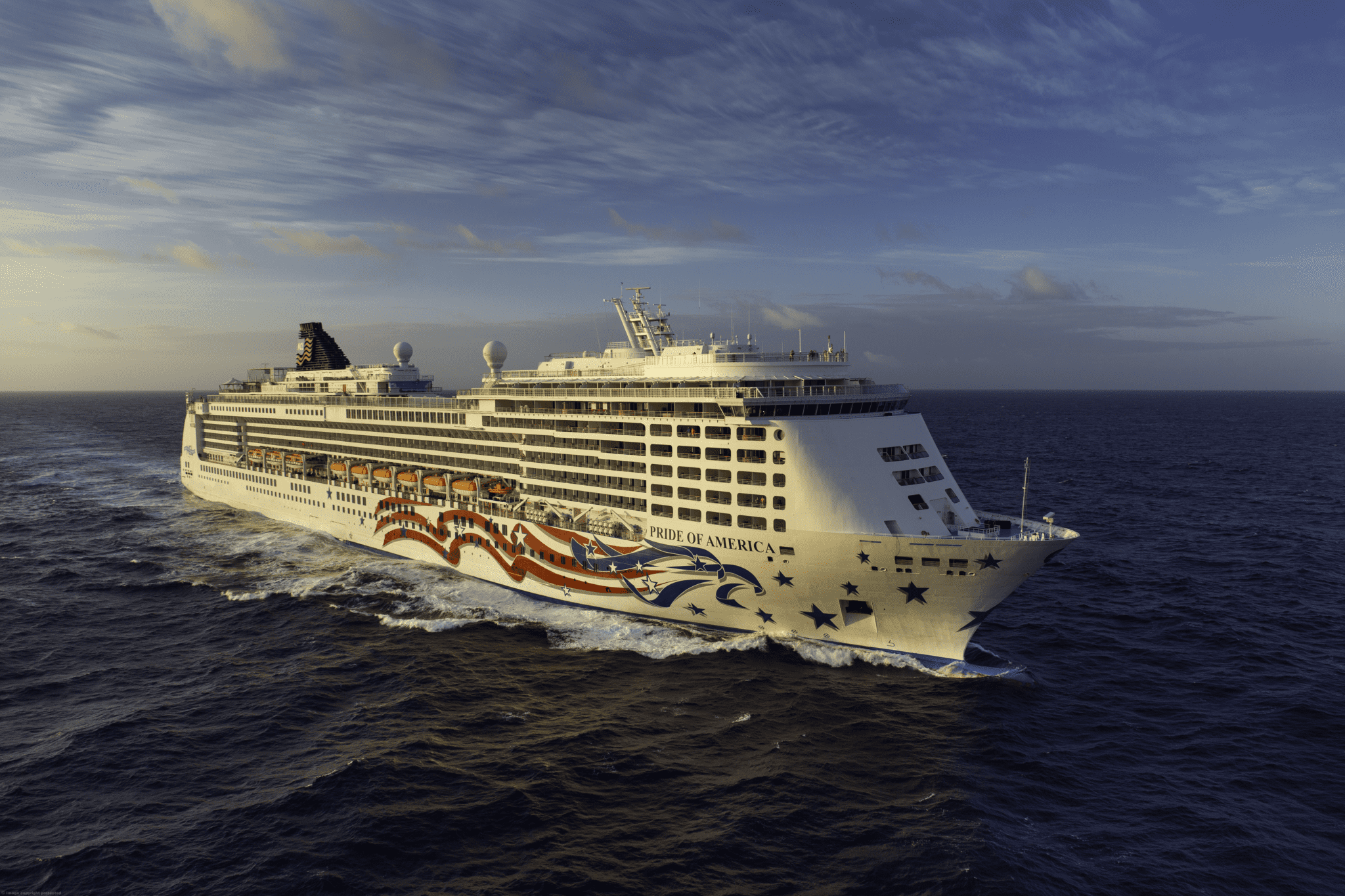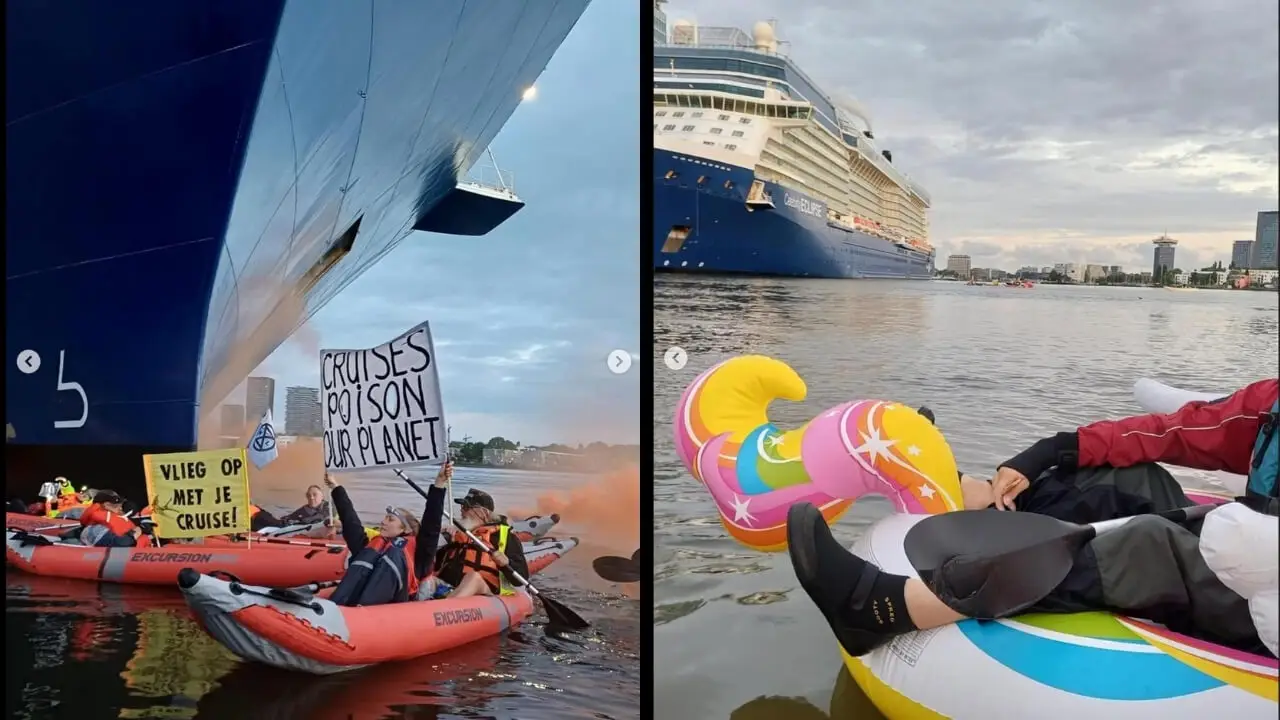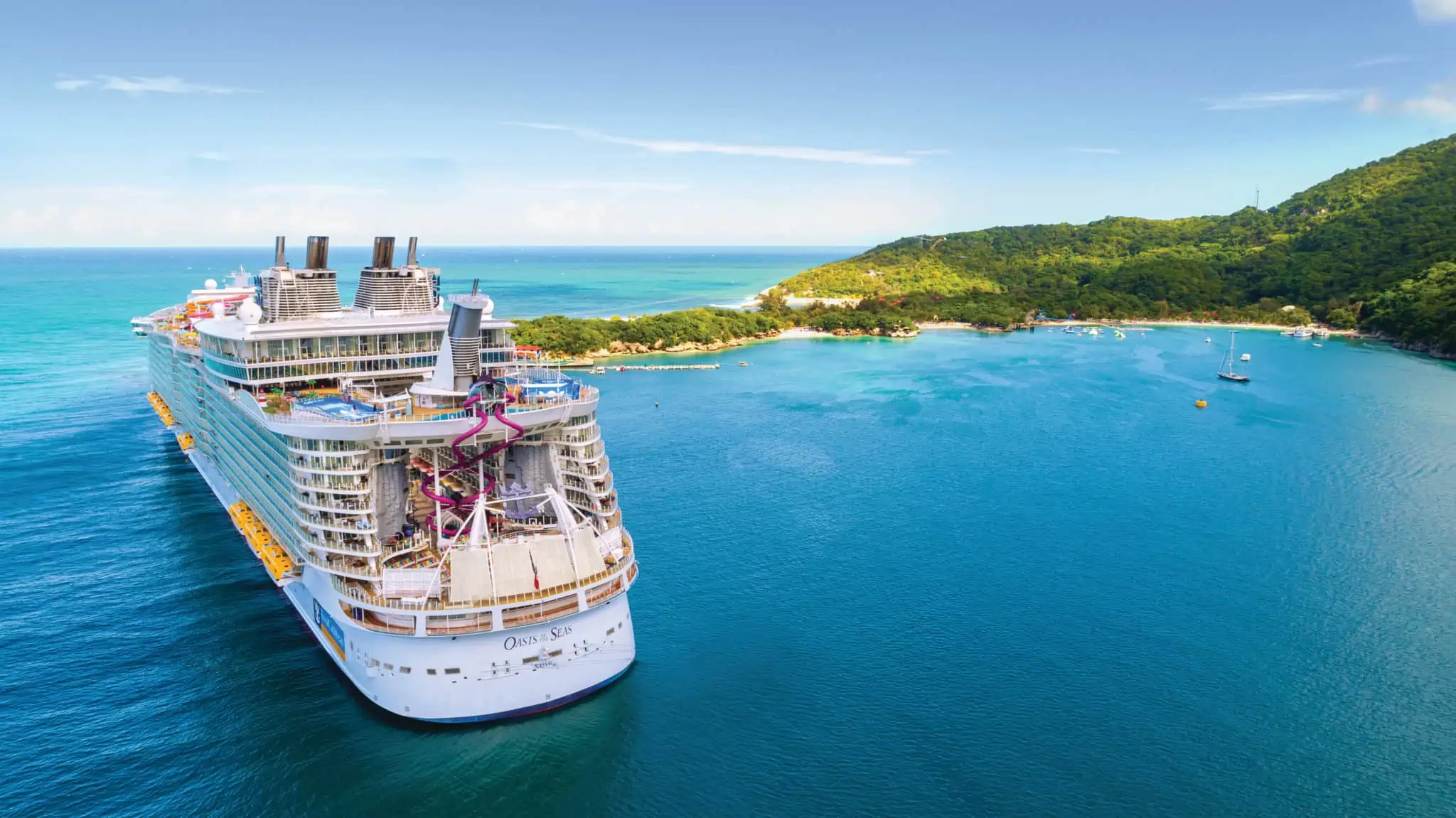A new bill introduced in Congress could bring major changes to the way cruise lines handle passenger rights, safety, and transparency.
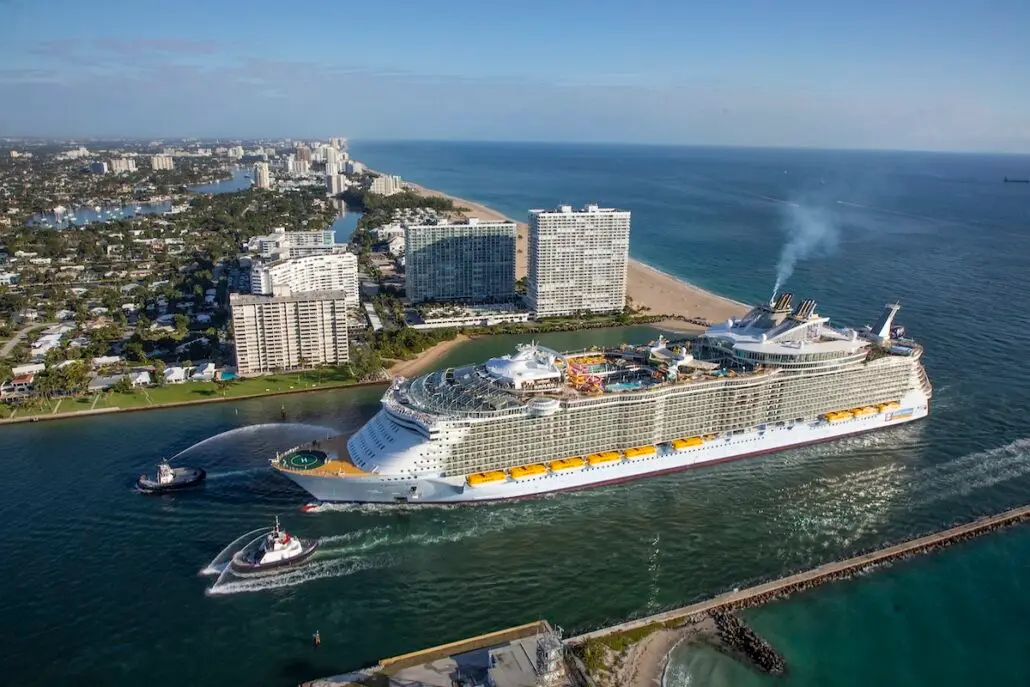
U.S. Senator Richard Blumenthal (D‑CT) and Rep. Doris Matsui (D‑CA) have introduced the Cruise Passenger Protection Act of 2025 (CPPA), a 56‑page measure designed to modernize passenger safeguards at sea.
“This legislation works to bring cruise passengers peace of mind by providing them with information on their rights in advance of a voyage and a clear path to justice if those rights are violated,” Blumenthal said in a statement on August 1.
Key Provisions of the Cruise Act
- Office of Maritime Consumer Protection (OMCP). Housed within the Department of Transportation, the OMCP would investigate complaints, inspect vessels for compliance, and enforce consumer‑protection rules.
- Plain‑language Contracts. The bill directs the OMCP to develop standards requiring cruise lines to present a concise and clear summary of key ticket terms, including fees, liability limits, arbitration clauses, and other important conditions, before a booking becomes binding.
- No Forced Arbitration. Pre‑dispute arbitration and class‑action waivers in cruise contracts would be invalidated, ensuring passengers can pursue claims in court if needed.
- Victim Support Services. A federally run program would provide a 24/7 toll‑free hotline, a dedicated victim‑support director, and free confidential assistance for crime victims at sea.
- Transparent Crime Data. Cruise lines must link to a public website that lists monthly crime statistics, categorized by cruise line, type of offense, and whether the victims were minors, in order to improve transparency.
The International Cruise Victims Association applauded the bill as “critical legislation” that “makes passenger safety a top priority.”
What Cruisers Are Saying
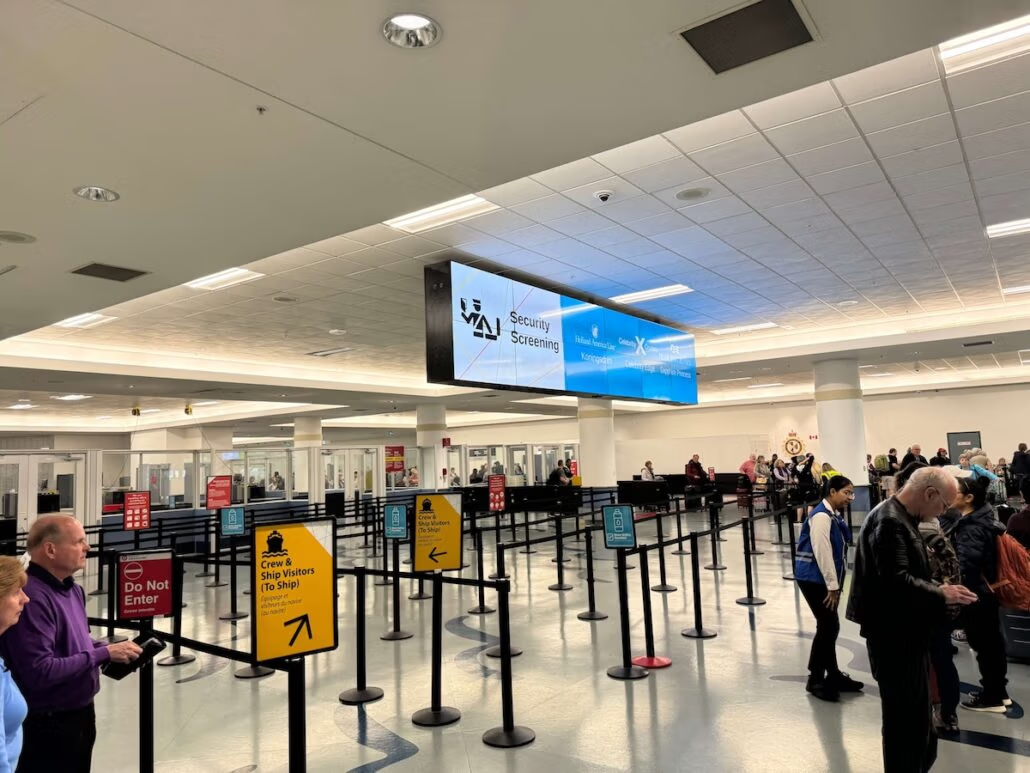
Early reaction on social media has been mixed. A Reddit user on r/Cruise wrote that the bill “seems to be presented as a response to the Amy Bradley documentary … ship security and passenger safety have improved astronomically since then.”
Another commenter allegedly questioned its chances in the current Congress, calling recent proposals “performative” and forecasting an uphill battle for any new regulations.
The thread showed support for added transparency and skepticism about legislative follow‑through.
Next Steps on Capitol Hill
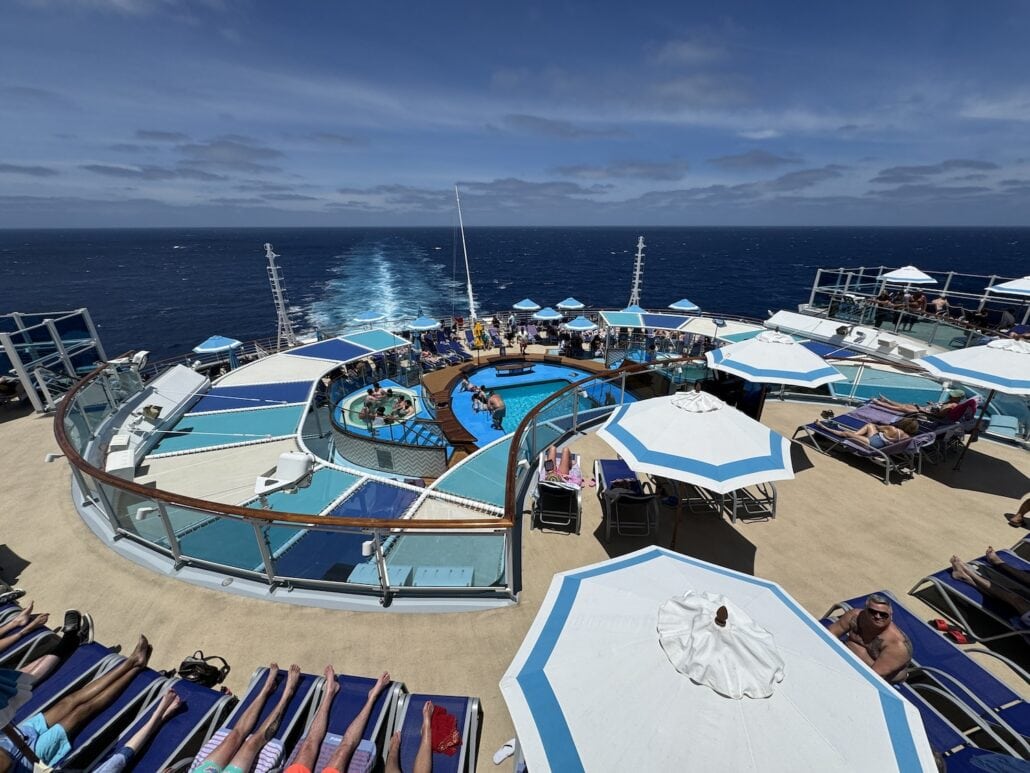
If enacted, the Cruise Passenger Protection Act would not only strengthen federal oversight but also build upon existing frameworks like the Passenger Bill of Rights and the Cruise Vessel Security and Safety Act of 2010.
By turning industry promises into enforceable standards, the legislation could redefine how cruise lines approach passenger rights, safety, and transparency.
Implementation would be required within 180 days of the bill’s passage, giving cruise lines a short window to comply.


